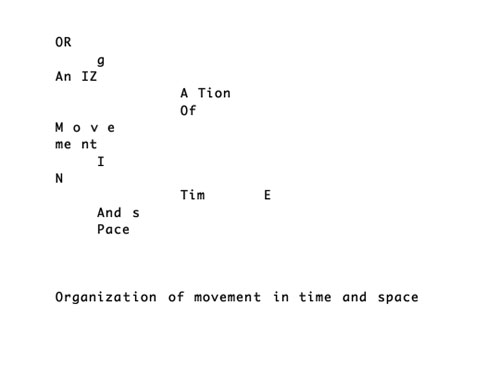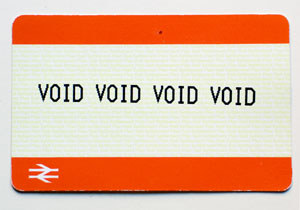Late last night in a hotel room at Heathrow before a very early flight this morning. The non-neighbourhood of the airport, a featureless maze of bunker-buildings, offices, and thrown-up hotels, these offering luxury as approximated by guidelines from central planning (= leather-look sofas, foyer coffee franchise, 'art on the walls', and overpriced wifi).
Outside the roads are named as if they're the residential streets of some generic suburb, although here, even more than there, the names serve more to make them seem less like real places, not more. It's a weird vibe right now in the non-area anyhow. When we arrived in the late afternoon we passed an especially non-descript building (think above-ground annex to an underground car park), ringed with the grim garland of guys bearing riot shields, their heads hidden in helmets and visors. The HQ of the BAA apparently, and near it the shrub surrounded car park, with protestors hemmed in. Tents and polythene shelters. A scale model Glastonbury but no stage. After dusk the anonymous mini-roads are haunted with stray climate change protestors spilling out from the temporary camp nearby, also vans of cops in uniforms and yellow-flouro jackets, many of the latter parked up at the drive-in McDonalds, enjoying a chat, the night, a break in the fighting and the rain. Much later in the night, when we pass the small encampment again, one lone guy at its floodlit periphery is bouncing a football, shooting baskets to a non-existent hoop against a high and security-camera-ed wall.


